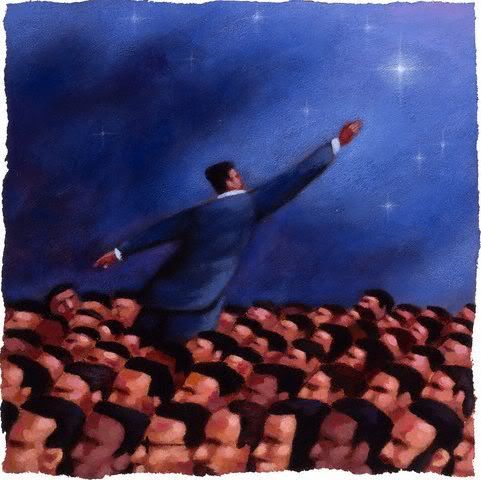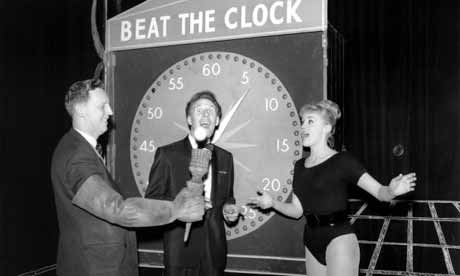I am happy to present Lisa Smith to you this morning. She works on the self-talk that brings down even the greatest minds. Enjoy!
Whether you have always gravitated toward leadership roles or you were thrust into a leadership role because of a cause or mission you are passionate about, effective leadership takes courage, patience, empathy, confidence, likability, and trust. But most of all, it takes courage.
Courage to step up where others wouldn’t, to put yourself in front of people and declare yourself a leader, and to motivate others to take action based on your direction. Leadership is not for the weak-minded.
But even the most promising or best-intentioned leaders can get trapped by the gremlins of negative internal dialog. Fear and limiting beliefs can cause one to doubt himself, his direction, his mission. This can lead to hesitation on decision-making, confusing or conflicting direction for action, or worst of all, ego-maniacal behavior.
As a student and teacher of the mind and behavior, I understand what causes people to fall short of their goals no matter how strong the motivation is to succeed. It has been my work for over 16 years to help others (and myself) to neutralize these inner gremlins and achieve far greater potential.
Whatever results you are getting in your life or your business, your mission is a direct result of your thoughts. I use the TEAR formula to explain this.
Your Thoughts create Emotions (based on the judgment or meaning we give to something—positive or negative). Your Emotions in turn influence your Action (what you do). And your Action in turn produces a Result (cause and effect).
As humans, we are always seeking to give “meaning” to events and that is what causes us trouble. Yet, events have no inherent meaning. Different people can assign differing meanings to the same event. For example, rain is neither good nor bad; it just “is.” However, a bride with an outdoor wedding planned can judge the rain as “bad” and a farmer in a drought can judge the rain as “good.” Neither is true—it’s just a judgment or perception.
When we’re growing up, we create beliefs (“rules” we take on as “absolutes” and “truths”) about ourselves, the world, others, money, relationships, food, etc. We then function off of those beliefs, which are a large part of our thought process. If we have limiting beliefs (beliefs that limit our or anothers’ ability), our perception and thought process is skewed and will create negative emotions (the greatest of which is FEAR), creating less-than-optimal (and often destructive) action, which will lead to results in kind.
For many leaders, limiting beliefs that cause inertia or self-sabotage can be, “I’m not good enough,” “I’m not important,” “What I have to say isn’t important,” “If I say/do this, I’ll be rejected,” “If I make a mistake I’ll be rejected,” among, of course, others.
Which of these do you recognize saying to yourself from time to time (or even often)? If you need to be confident and motivational with your “flock,” can you see how having one or more of these limiting beliefs can cause problems for you?
Limiting beliefs can be insidious in their destruction of great leaders and the people they are meant to help. Finding ways to identify and eliminate them–and their habits–is one of the best investments leaders can make to ensure their ability to carry out the mission and effect the change they are dedicated to create.
************************
Lisa Smith, the Marketing, Mindset & Manifesting Coach for service-based business owners helps themget more clients, serve more people, and make more money through tools such as hypnosis, NLP, EFT and other techniques that expose and clear the inner gremlins that most don’t even realize are playing the major role in keeping them stuck, stressed, and broke. You can learn more about these concepts and how she helps people by downloading her free audio, “The 3 Keys you MUST Master to Attract Your Ideal Clients and Make More Money With Less Effort” at www.mmmcoach.com.













